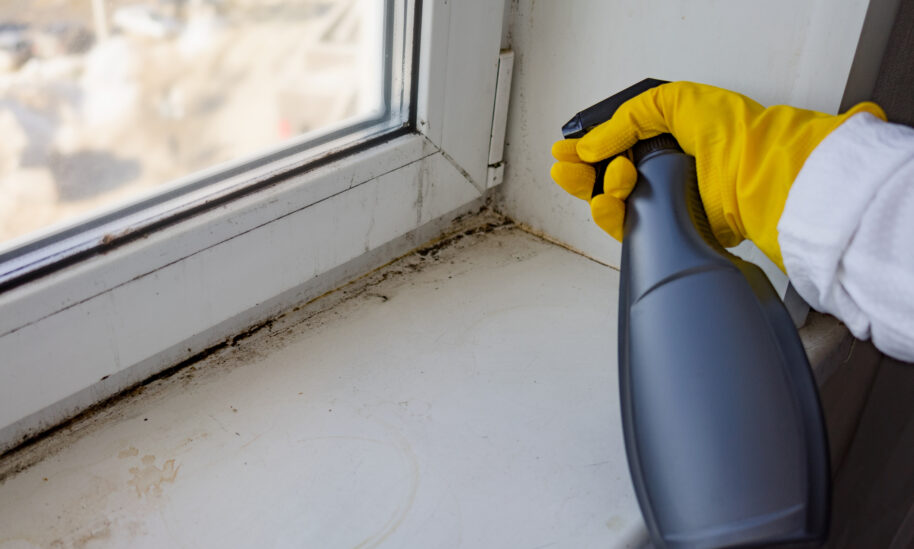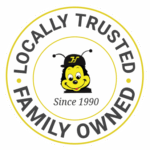Hoffman’s Exterminating reminds homeowners to participate in spring cleaning for pest prevention
While spring cleaning is a great time for homeowners to de-clutter and spruce up the home, this seasonal tradition is a doubly beneficial time to tidy up in order to prevent undesirable, springtime pests such as ants, termites, mice and fruit flies. To help the public maintain pest-free homes this spring, the National Pest Management Association (NPMA) and Hoffman’s Exterminating are urging homeowners to add pest-proofing steps to their spring-cleaning checklists.
“Springtime pests can quickly become headaches, especially when it comes to unappetizing food from ant infestations in the kitchen, mice in the house and costly property damage from termites,” said William T. Hoffman, President & CEO of Hoffman’s Exterminating. “That’s why it’s worth taking the extra precautions necessary for spring pest prevention. By simply following some quick pest proofing tips when spring cleaning, homeowners can better enjoy the warmer weather.”
To best pest proof the home, Hoffman’s Exterminating recommends homeowners follow these tips from the NPMA:
- When de-cluttering and storing items, use durable, sealed containers that pests can’t easily infest or chew through instead of cardboard boxes or plastic bags.
- Remove all of the items from cabinets and pantry. Go through them and discard stale spices and other dated items such as flour and grains. These baking ingredients attract pantry pests, including several types of beetles, Indian meal moths and ants.
- Immediately wipe up any crumbs or spills from countertops, tables, floors and shelves.
- If you keep fresh fruit on the counter, check it often for signs of over-ripening or decay, which can attract fruit flies.
- Run the garbage disposal regularly.
- Don’t let dirty dishes pile up and stand in the sink.
- Don’t leave pet food and water bowls sit out for long periods of time.
- Take notice of any built up moisture and eliminate these sites, including leaking pipes and clogged drains.
If you suspect you have an infestation, contact a licensed pest professional to identify the species and recommend a course of treatment.
For more information on spring pests, please visit the Hoffman’s website.



